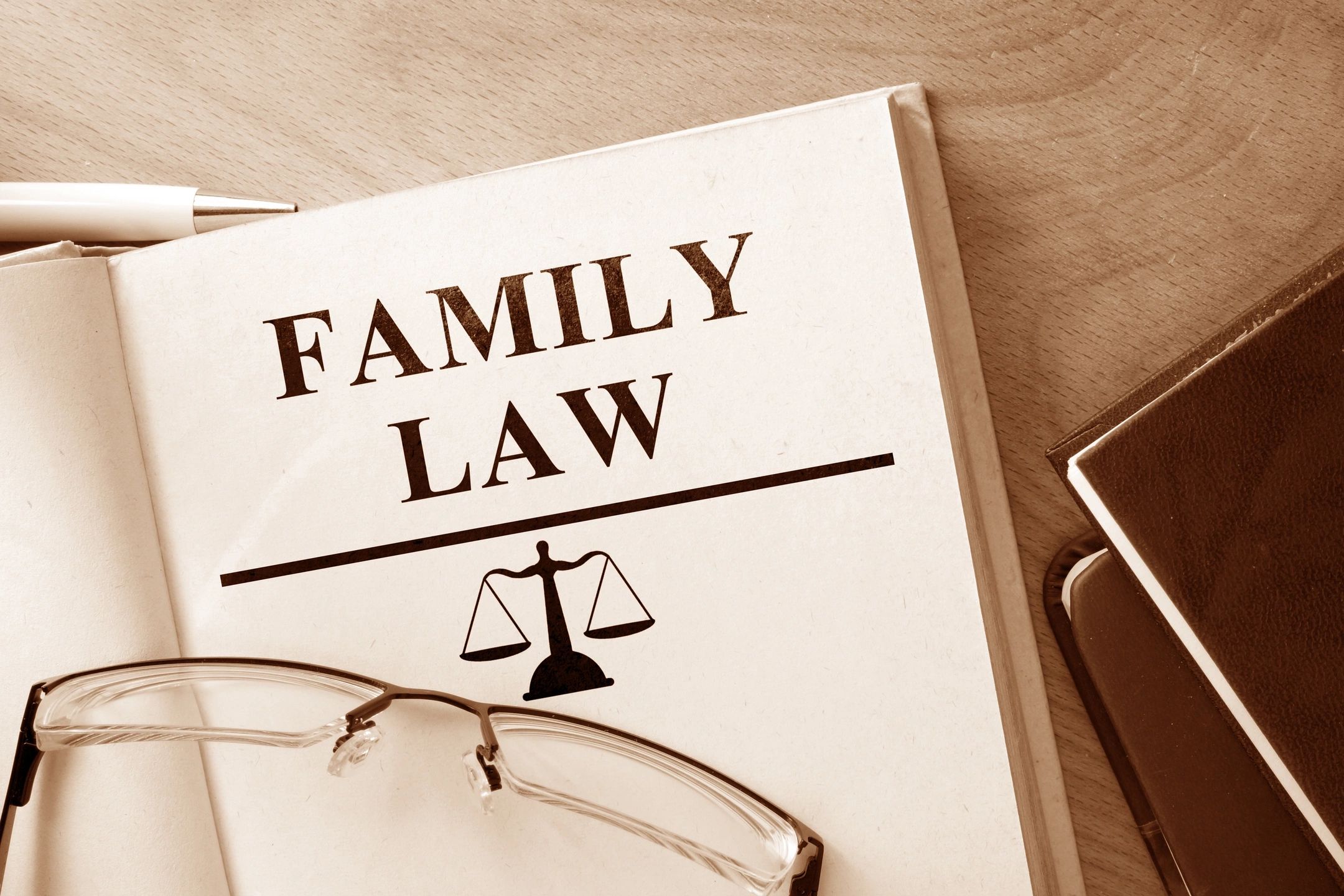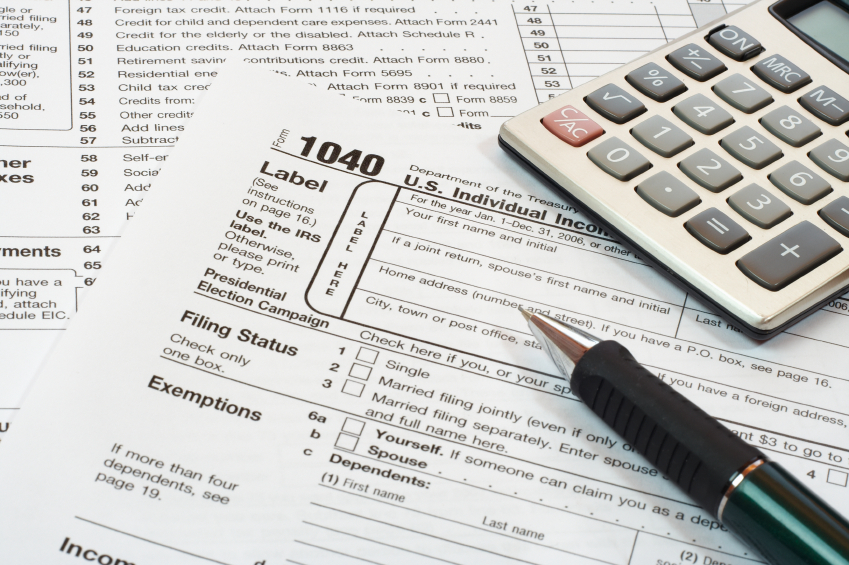The Child Parent Security Act (CPSA) which took effect on February 15, 2021 is a groundbreaking law that substantially impacts LGBTQIA family building. Queer family formation is diverse and always evolving but the law has been slow to reflect the realities of our lives and to protect our families. The CPSA sets out to correct some of these deficiencies and transforms how parentage is established. This month we review how parentage is determined and the new court procedure to affirm parentage under the CPSA. The focus of this article is on LGBTQIA family formation which includes an individual who will conceive and carry the child (known as the gestational intended parent), an intended non-gestational parent, and the use of donor sperm.
Traditionally, parentage has been established by biology, adoption and what is referred to as legitimacy of children as a result of marriage. Evolving caselaw in New York has expanded the pathway to parentage if the birth parent and non-birth parent had a pre-conception agreement to co-parent together. The CPSA is comprehensive legislation that focuses on preconception intent to determine or affirm who is a parent providing significant legal protection for LGBTQIA families.
CPSA Applicability and Who is a Parent
The CPSA establishes a child’s legal relationship to their parents when the child is conceived through assisted reproduction. What is assisted reproduction? The statute defines it as a method of causing a pregnancy other than sexual intercourse. This includes but is not limited to intrauterine or vaginal insemination, donation of gametes, in vitro fertilization and transfer of embryos. Gametes is a term used to include sperm, eggs or embryos.
Under the CPSA an individual who provides gametes for or who consents to, assisted reproduction with the intent to be a parent of the child and with the consent of the gestating parent, is deemed a parent of the resulting child. This focus on the intention of the individuals participating in the conception of the child reflects how most Queer families are formed. The CPSA applies to married and unmarried intended parents. The consent of a spouse is presumed and does not need to be in writing. If the intended parents are not married, consent to assisted reproduction must be in a written record indicating the agreement of the intended parents. If there is no written record the intent to parent together may be established by clear and convincing evidence.
What About Sperm Donors?
Many LGBTQIA intended parents choose anonymous sperm from a sperm bank. In those instances, the sperm bank retains documentation that the sperm is from an anonymous donor. This documentation provides a record that the donor is not a parent under the CPSA.
However, many Queer parents utilize sperm from a known donor, often a close friend or family member and will often enter into a written agreement with the donor. In a typical known donor agreement, the intended parents waive their rights to financial support from the donor and the donor waives any parental rights to the child conceived. However, prior to the CPSA, there was no assurance that a donor agreement would be enforced. An exciting development is that a known donor sperm agreement is now enforceable and creates a record confirming that the known sperm donor has no parental interest and that the donor had what is called “donative intent”. This means that LGBTQIA intended parents and donors can have peace of mind that their agreement will be enforced and their rights protected.
New Legal Procedures to Affirm Parentage Judgment of Parentage
As LGBTQIA practitioners we are thrilled that we now have a law that clearly defines who is a parent of a child conceived through assisted reproduction. We also are aware that across the US there is still discrimination and bias against Queer families and we must continue to use the tools available to fully protect our families. To this end, the CPSA provides a simplified process to affirm parentage through a judgment of parentage proceeding.
The key elements of this proceeding are:
- a judgment of parentage can be issued before the child’s birth and is effective after the child’s birth
- the parentage proceeding is more streamlined and the legal forms are simplified
- intended parents who are spouses can obtain a judgment of parentage even if a marital presumption of parentage applies to their circumstances
- intended parents do not have to be married to each other in order to be jointly declared the parents of the child
- a single intended parent can obtain a judgment declaring that they are the only legal parent which can also affirm that a known donor is not a parent
Voluntary Acknowledgment of Parentage
The CPSA provides a voluntary acknowledgment of parentage form which can be signed by the birth parent and intended parent after the child’s birth. LGBTQIA parents should consult with an attorney experienced in Queer family law before signing this document. There may be consequences to signing the acknowledgment before completing a judgment of parentage or second parent adoption proceeding. An attorney can help you determine the right approach for your family.
Contact LGBTQI Professionals of NY for a referral!
 LGBTQIA parents have more options to protect the legal relationship between their child and the non-birth parent which is awesome news! The CPSA provides more predictability and protections for Queer families. The choices are significant and should be carefully reviewed with an attorney experienced in Queer family law and family building issues. As with any new law, there may be a period of adjustment within the court system as judges and court clerks begin implementing the new law and court procedures. Contact one of our attorneys to get more information and to have a comprehensive conversation about the options and help you evaluate the right choice for your family.
LGBTQIA parents have more options to protect the legal relationship between their child and the non-birth parent which is awesome news! The CPSA provides more predictability and protections for Queer families. The choices are significant and should be carefully reviewed with an attorney experienced in Queer family law and family building issues. As with any new law, there may be a period of adjustment within the court system as judges and court clerks begin implementing the new law and court procedures. Contact one of our attorneys to get more information and to have a comprehensive conversation about the options and help you evaluate the right choice for your family.






